Last week, the Natural Resource Governance Institute launched its 2017 Resource Governance Index (RGI) and report, which indicated that many African countries continue to struggle when governing their natural resources, though in a variety of ways.
The Resource Governance Index scores and ranks how well 81 countries govern their extractive resources, using three key measures: 1) value realization (quality of governance around exploration, production, environmental protection, revenue collection, and state-owned enterprises); 2) revenue management (national budgeting, subnational resource revenue sharing, and sovereign wealth funds); and 3) enabling environment (voice and accountability, government effectiveness, regulatory quality, rule of law, corruption control, and political stability and absence of violence). For full details, see the report.
The global report notes that some natural resource-intensive countries around the world continue to experience widespread poverty despite the fact that their oil, gas, and mining sectors have produced trillions of dollars in revenues. The report argues that in order to understand and address this disparity, comprehensive assessments of countries’ institutions, rules, and practices are essential to bring about the much needed improvements in extractive resource governance.
Despite certain, context-specific challenges to effective governance of the oil, gas, and mining sectors in Africa, such as implementing laws and government transparency, the report warns against blanket assessments of the region, arguing, “Generalizations about the performance of a whole region can be misleading since there is significant variation across countries—but the better performers show others in the vicinity that good governance in extractives is possible.”
RGI scores are on a scale of 0 to 100, where values of less than 30 correspond with “failing” governance frameworks, values from 60 to 74 correspond with “satisfactory” governance procedures, and values greater than 75 correspond with “good” laws and practices. According to the authors, “failing” countries are likely to see benefits from extraction flow only to some companies and elites instead of the broader society.
However, African countries received relatively low RGI scores compared with countries from other regions in the global sample although scores vary significantly within the region. The majority of African countries in the index fall into either the “poor” or “weak” categories, and not one African country received a “good” score. Looking into the country variation, seven of the 10 countries with “failing” RGI scores are located in Africa (Zimbabwe, Mauritania, the Democratic Republic of the Congo, Equatorial Guinea, Sudan, Libya, and Eritrea). On the other hand, only two (Ghana and Botswana) of the 15 countries deemed to have “satisfactory” level of RGI are located in Africa.
Notably, the report also finds that even within countries, different components and subcomponents of the governance assessments can vary significantly, as seen in Nigeria (Figure 1), where its sovereign wealth fund score of 4 is far lower than its taxation score of 80. Similarly, in Sierra Leone, its value realization score of 62 is far higher than its revenue management score of 35. The report notes that understanding where countries’ relative strengths and weaknesses lie is important because, “effective resource governance (and consequent benefits from extraction) requires a broad-based foundation of strong policies and procedures.”
Figure 1.

Source: 2017 Resource Governance Index.
Shobhit Kumar contributed to this post.
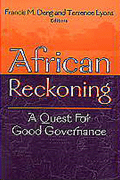
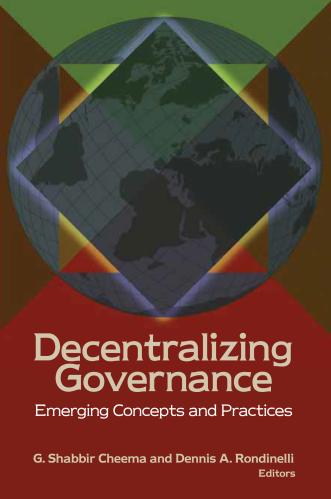
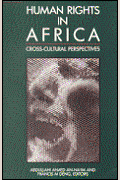
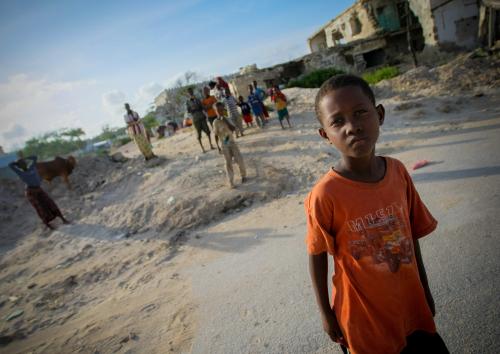

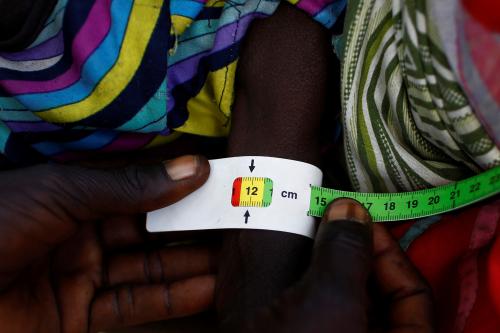




Commentary
Figure of the week: Extractive resource governance in Africa
July 6, 2017